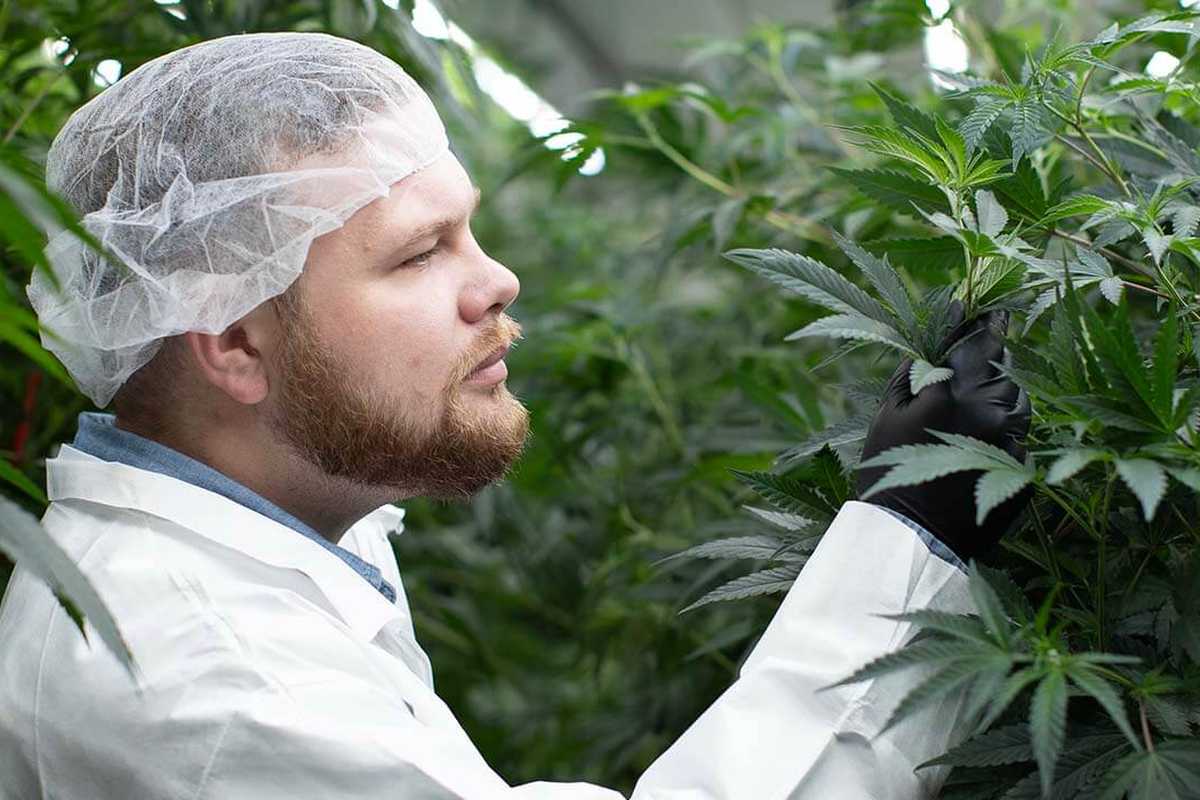Data is the New Fertilizer – Here’s Why
In the world of cannabis cultivation and manufacturing, the phrase “data is the new fertilizer” is becoming increasingly relevant. Just as fertilizer is essential for plant growth, data and analytics are now crucial for the success and efficiency of cannabis operations.
The cannabis industry, which has experienced rapid growth and change, is realizing that leveraging data can lead to better yields, improved quality, and more sustainable practices. Let’s explore how data is transforming this green frontier.
At its core, cannabis cultivation is all about creating the ideal environment for plants to thrive. This involves understanding numerous variables such as light, temperature, humidity, soil quality, and nutrient levels.

Historically, growers relied heavily on intuition and experience to make decisions about their crops. However, as the cannabis market has expanded, the complexities of cultivation have grown. This is where data analytics comes into play.
Using advanced data collection techniques, growers can now monitor every aspect of their plants’ environment.
Sensors can track temperature and humidity levels in real-time, while cameras can provide visual feedback on plant health. This data is then analyzed to identify patterns and trends.
For example, if certain conditions lead to a higher yield or better quality flowers, growers can replicate those conditions in the future. This not only optimizes growth but also minimizes waste, as resources can be allocated more effectively.
Moreover, data analytics can help growers understand the unique needs of different cannabis strains. Just as different plants have varying nutrient requirements, cannabis strains can respond differently to environmental factors.
By analyzing data on how each strain grows under specific conditions, growers can tailor their cultivation techniques to suit the needs of their crops. This individualized approach can result in healthier plants and higher-quality yields, which is essential in a competitive market.
In addition to improving cultivation, data is also playing a vital role in cannabis manufacturing. As the industry evolves, manufacturers are looking for ways to ensure consistency and quality in their products.
Data analytics allows them to track the entire production process, from the raw material to the final product. By collecting data at every stage, manufacturers can identify any inconsistencies or potential issues early on.
This proactive approach can help maintain quality and comply with regulatory standards, which is crucial in an industry that is still navigating a patchwork of regulations.
The use of data also extends to understanding consumer preferences.
With the cannabis market expanding, companies are eager to learn more about their customers’ buying habits. By analyzing sales data, businesses can identify which products are most popular and when they tend to sell best. This insight enables manufacturers and retailers to make informed decisions about inventory and marketing strategies.
For instance, if a particular strain is popular during a certain season or event, companies can stock up on that product to meet consumer demand.
Furthermore, data analytics can enhance customer experiences. Many cannabis companies are adopting personalized marketing strategies based on consumer data. By understanding what customers like and how they engage with different products, businesses can create targeted promotions and recommendations.
This not only helps in building customer loyalty but also encourages repeat purchases, which is vital for long-term success.
Sustainability is another area where data is making a significant impact. As the industry faces growing scrutiny over its environmental footprint, growers and manufacturers are turning to data to optimize resource use.
By analyzing data related to water usage, energy consumption, and waste generation, companies can identify areas for improvement.
Implementing more sustainable practices not only benefits the environment but can also reduce operational costs in the long run.
As we look to the future of cannabis cultivation and manufacturing, it is clear that data and analytics will continue to shape the industry. The ability to collect and analyze data provides growers and manufacturers with valuable insights that can lead to better decision-making and improved outcomes. Just as fertilizer enhances plant growth, data fuels the growth of the cannabis industry.
In conclusion, embracing data as an integral part of cannabis operations can lead to greater efficiency, higher-quality products, and a more sustainable approach to cultivation and manufacturing.
The cannabis industry is at the forefront of a data-driven revolution, and those who harness the power of analytics will be best positioned to thrive in this dynamic landscape.
As the saying goes, in today’s world, data truly is the new fertilizer.


